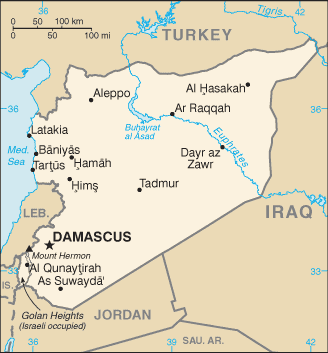With the US shifting its focus in the Syrian air war away from ISIS targets and toward oil infrastructure, officials say banking records are proving indispensable for military planners looking to decide which refineries are most profitable and, subsequently, will get bombed first.
 The theory behind the US attacks is that crippling the economy of ISIS-held territory will eventually harm the cash-rich organization, since they collect taxes from such industries, which are operated by locals since the Syrian government was ousted from the area.
The theory behind the US attacks is that crippling the economy of ISIS-held territory will eventually harm the cash-rich organization, since they collect taxes from such industries, which are operated by locals since the Syrian government was ousted from the area.
Officials say in theory the airstrikes have cut a third of ISIS’ income from the oil industry, though reports are that areas dependent on ISIS-smuggled oil are seeing rising prices as the supply becomes more scarce, so it’s unclear how much it’s really costing ISIS.
Rather, the big losers here are the communities dependent on this oil revenue to survive, and as they grow more desperate, they will likely have to turn to ISIS for help, since the group still has significant cash reserves. With such attacks, the US may be forcing locals into greater dependence of the ISIS movement.


